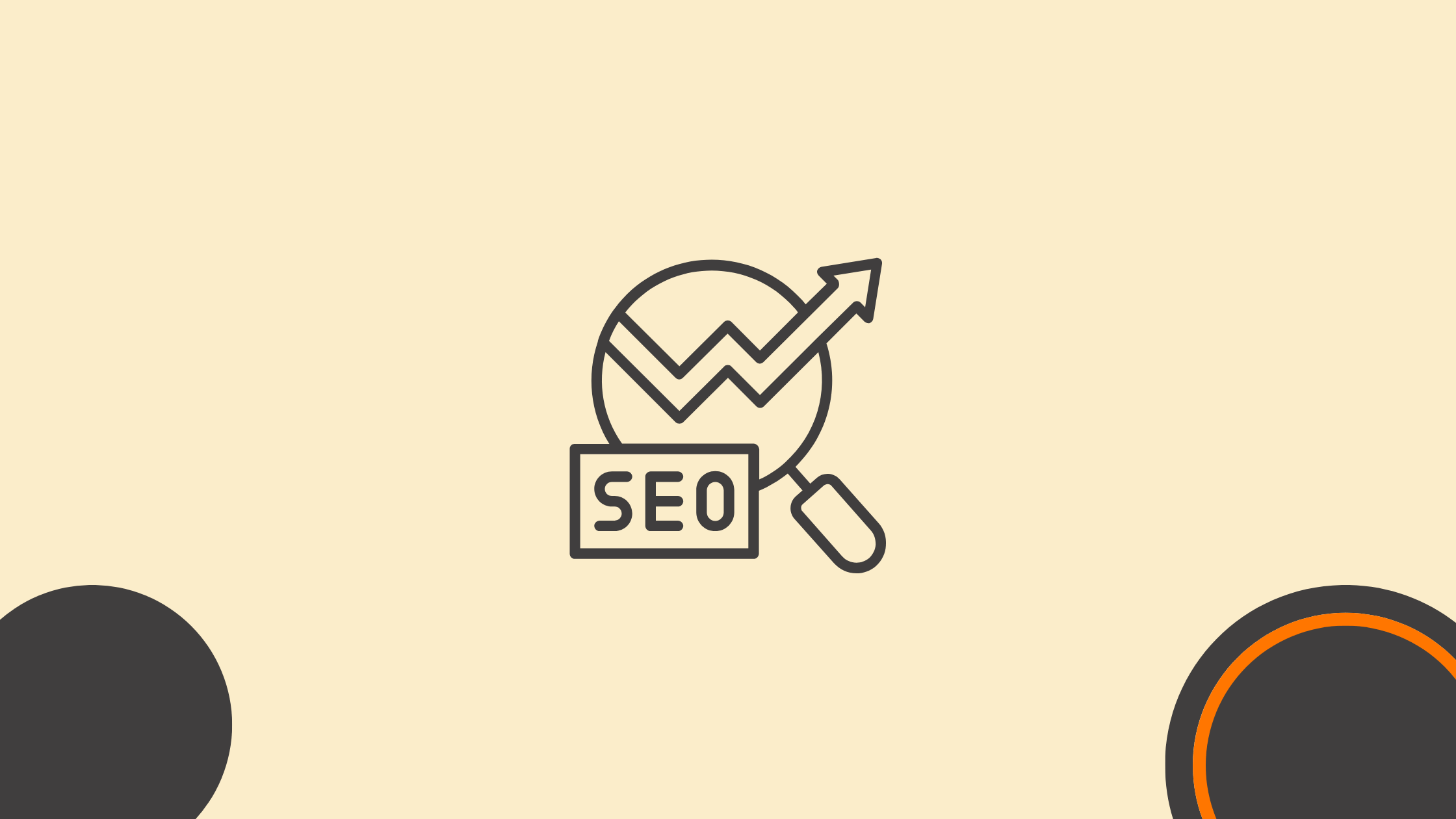How to Choose the Right e-Commerce Development Company

Launching an e-commerce store in 2025 isn’t just about having a flashy website. It’s about building a digital storefront that converts visitors into loyal customers.
That’s why choosing the right development partner is more than a technical decision; it’s a strategic one.
Let’s explore what really matters when evaluating your options.
Chapters
- Key Benefits of Working With a Reliable Agency
- What to Ask Before Signing the Contract
- Traits of a Great e-Commerce Development Company
- Aligning Development With SEO & Performance
- Step-by-Step Selection Process
- SEO-Driven Design and Content Integration
- Mistakes to Avoid When Hiring
- Conclusion: Build for Growth, Choose With Care
Key Benefits of Working With a Reliable Agency

The best agencies don’t just deliver websites. They craft tailored eCommerce ecosystems.
A truly competent team will bring:
- Business-first thinking: They focus on how your store can generate more revenue, not just how it looks.
- Cross-platform expertise: Whether it’s Shopify, WooCommerce, BigCommerce, Magento, or headless systems, they should guide you to the right fit.
- Custom development: Your business isn’t cookie-cutter. Avoid firms that only use templates.
- Scalability built-in: A good agency plans for your future—not just your launch.
- Clarity in process: You’ll know what’s happening at every step of the way, from wireframes to go-live.
These benefits aren’t just nice-to-haves—they’re the foundation of a reliable partnership.
What to Ask Before Signing the Contract
Before signing anything, dig deeper. This step protects your investment and uncovers hidden gaps. Here’s what to ask during initial discussions:
Post-Launch Support
Does the agency provide maintenance, security updates, and optimization after the site goes live? Continuous improvement is critical in a competitive market.
Industry Experience
Has the agency worked with businesses in your niche? If you sell subscription boxes, enterprise software, or physical goods, the development strategy will differ. Experience in your sector means they’ll avoid rookie mistakes.
In-House or Outsourced Design?
Do they handle UX/UI internally, or rely on freelancers? Agencies with integrated teams typically deliver faster results with fewer revisions.
Performance and Security
Ask how they’ll optimize for speed, reliability, and user privacy. Google penalizes slow-loading sites, especially on mobile. Performance is a ranking factor, not just a user experience feature.
Scalability
Can they build with your future in mind? Your platform, hosting, and codebase should evolve as traffic and sales increase.
Traits of a Great e-Commerce Development Company
Here’s where things get real. You want a partner, not just a service provider. A great e-Commerce development company blends technical skill with business acumen.
What Sets the Best Apart
Proven track record: They have successful case studies, not just generic portfolios. Look for before-and-after metrics: increased conversion rate, reduced bounce rate, or shorter page load times.
Transparent pricing: Real partners don’t nickel and dime. Look for detailed proposals that break down costs by development stage—no vague numbers.
Dedicated project management: There should be a clear contact person and a roadmap from day one.
Platform versatility: The agency should be fluent in major platforms and not push you toward one just because it’s all they know.
Tip: Look for companies recognized on platforms like Clutch, G2, or DesignRush. These directories vet agencies based on client reviews and proven performance.
Why the “Company” Part Matters
You’ll be working with real humans. You want a team that’s easy to communicate with, values feedback, and understands business—not just code. Ask yourself:
- Are they asking the right questions?
- Do they understand the customer journey?
- Are they talking about growth metrics, not just tech specs?
These are signs you’re working with a full-spectrum e-Commerce development company, not just freelance developers stitched together behind a brand name.
Aligning Development With SEO & Performance

One of the most overlooked aspects of choosing a developer is their understanding of SEO and technical performance.
Here’s why that matters:
Clean Code & Structure: A poorly built site can hinder your ability to rank. Developers must know how to build with semantic HTML, clean URL structures, and schema markup.
Mobile Optimization: Over 60% of traffic is mobile. Your site needs to pass Google’s mobile-friendliness tests.
Core Web Vitals: In 2025, metrics like Largest Contentful Paint (LCP) and Cumulative Layout Shift (CLS) directly impact rankings.
Page Speed: Fast sites convert better and rank higher. Ask what tech stack they use (e.g., lazy loading, CDN, caching).
Fact: Google found that the probability of a bounce increases 32% as page load time goes from 1 second to 3 seconds.
Step-by-Step Selection Process
If you’re feeling overwhelmed, here’s a simple framework to follow.
Step 1: Define Your Goals
What’s your business model? Who’s your audience? What features do you need? Defining this upfront helps you spot agencies aligned with your vision.
Step 2: Shortlist the Right Platforms
Not all platforms suit all businesses. A boutique fashion brand may thrive on Shopify, while a B2B wholesaler may need Magento or headless architecture. Your agency should walk you through the pros and cons.
Step 3: Evaluate Real-World Results
Look at client results, not just screenshots. Ask for references. If possible, talk to past clients directly about timelines, support, and problem-solving.
Step 4: Compare Proposals
Watch for vague deliverables. A strong proposal outlines:
- Features and functions
- Timeline and milestones
- Payment structure
- Post-launch support
Step 5: Test Their Communication
Are they responsive? Do they explain things clearly? A bad communication culture early on will only get worse later.
SEO-Driven Design and Content Integration
Your store isn’t just a sales channel—it’s a traffic engine. And your agency should treat it that way.
Here’s what SEO-savvy developers will do:
- Use SEO-friendly URLs, page titles, and headers
- Implement schema markup for products, reviews, FAQs
- Optimize image sizes and lazy loading to boost page speed
- Design layouts that naturally encourage internal linking
- Integrate with blogging tools and CMS systems to support ongoing content marketing
Bonus: Ask if they use a headless CMS like Contentful or Storyblok for advanced SEO and content agility.
They should also know how to set up analytics properly—Google Analytics 4, heatmaps, funnels—so you can track performance beyond vanity metrics.
Mistakes to Avoid When Hiring
Even smart business owners fall into common traps. Here are pitfalls to steer clear of:
1. Picking Based on Price Alone
A cheap build today often leads to costly fixes tomorrow. You’re not just paying for code; you’re paying for scalability, security, and long-term results.
2. Falling for “Full-Service” Claims Without Proof
Some agencies market themselves as full-service but outsource everything. That leads to disconnects and delays. Ask what’s truly in-house.
3. Ignoring Maintenance Terms
Post-launch support is vital. Make sure it’s documented—how many hours per month, response time, bug fixes, etc.
4. No Clear Roadmap
If an agency can’t outline how the project will unfold, that’s a red flag. Clarity on timeline and responsibilities protects both parties.
5. Not Reading the Fine Print
Always review your contract carefully. Look out for:
- Ownership of code and design
- Lock-ins to proprietary CMS
- Termination clauses
Conclusion: Build for Growth, Choose With Care
The right development partner will do more than build your store, they’ll help you grow it. Look for a team with technical depth, strategic vision, and a strong portfolio. Ask questions. Compare value, not just price. And don’t settle.
A smart investment today in the right e-Commerce development company can result in years of competitive advantage.
Other Interesting Articles
Master the Art of Video Marketing
AI-Powered Tools to Ideate, Optimize, and Amplify!
- Spark Creativity: Unleash the most effective video ideas, scripts, and engaging hooks with our AI Generators.
- Optimize Instantly: Elevate your YouTube presence by optimizing video Titles, Descriptions, and Tags in seconds.
- Amplify Your Reach: Effortlessly craft social media, email, and ad copy to maximize your video’s impact.
The post How to Choose the Right e-Commerce Development Company appeared first on StoryLab.ai.


Deixe um comentário